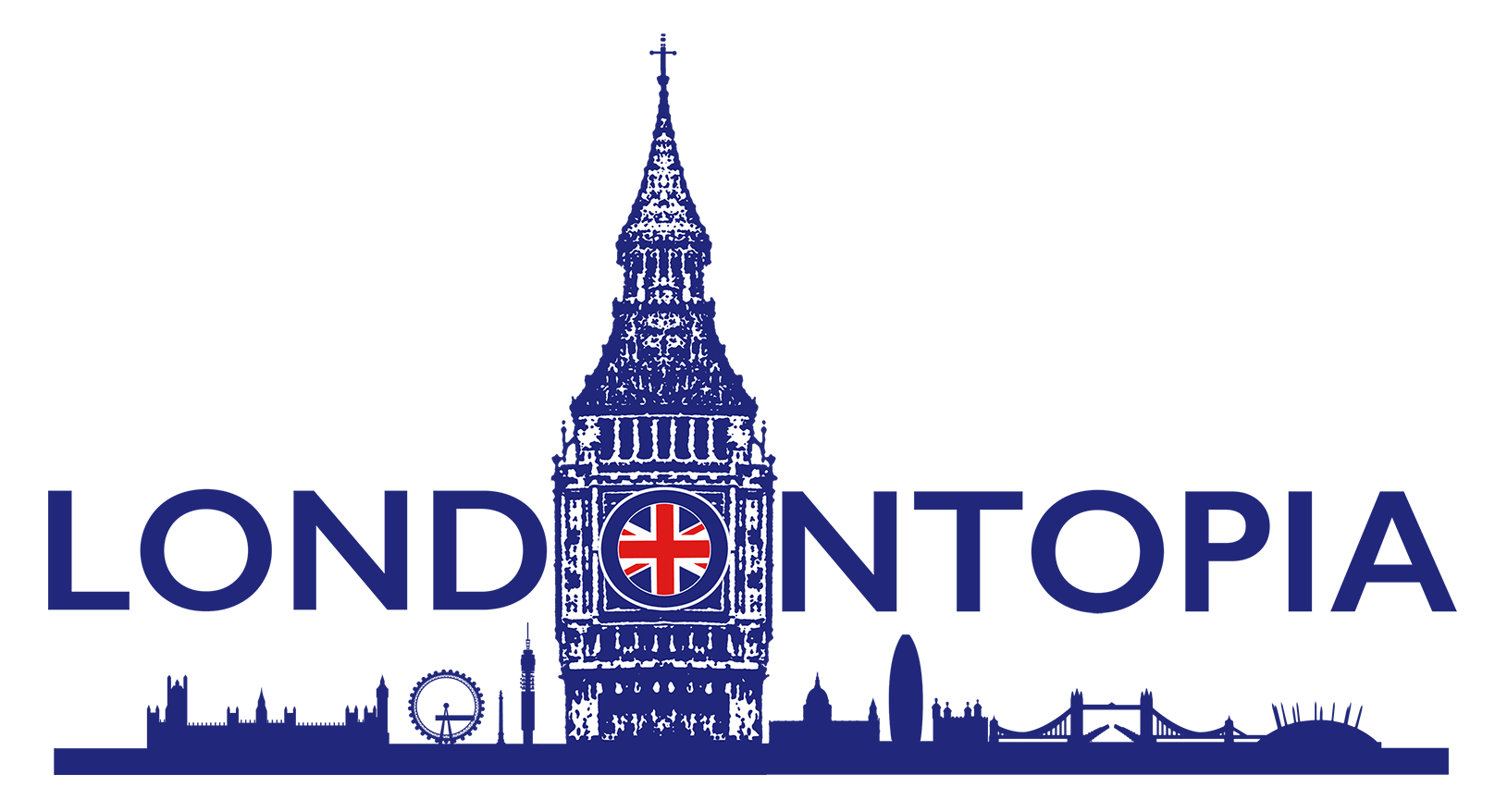Virginia Woolf, a literary luminary of the early 20th century, left an indelible mark on English literature with her groundbreaking works and her integral role in the Bloomsbury Group, a circle of influential intellectuals, writers, and artists. Born Adeline Virginia Stephen on January 25, 1882, in London, she was raised in an affluent and intellectually stimulating environment, which would shape her literary sensibilities and worldview.
Woolf’s connections to London were profound and multifaceted. From her childhood spent in the vibrant city to her adulthood marked by literary endeavors and social engagements, London served as both backdrop and muse for her creative pursuits. The city’s bustling streets, diverse communities, and rich history permeated her writing, providing a rich tapestry upon which she wove her narratives.
Growing up in an upper-middle-class family, Virginia Woolf was exposed to the intellectual and artistic milieu of London from an early age. Her father, Sir Leslie Stephen, was a prominent literary figure and editor whose extensive library and circle of friends introduced Virginia to the world of letters. The Stephen household was frequented by eminent writers, including Henry James and George Meredith, fostering Virginia’s literary aspirations and sharpening her intellect.
Despite her privileged upbringing, Woolf’s early years were marred by tragedy. The deaths of her mother, Julia Stephen, and her half-sister, Stella, left a profound impact on her young psyche, contributing to the recurring themes of loss and mortality in her later works. These early experiences of bereavement also influenced her exploration of psychological depth and the complexities of human emotion in her writing.
As Woolf came of age, she became increasingly drawn to the bohemian circles of London’s literary scene. In 1904, she and her siblings, Vanessa, Thoby, and Adrian, established the Bloomsbury Group, a collective of like-minded individuals who challenged Victorian conventions and championed artistic freedom and intellectual inquiry. The group’s name derived from the Bloomsbury district of London, where many of its members resided and congregated.
Central to Woolf’s connection to London was her residence in Bloomsbury, where she lived for much of her adult life. The area’s leafy squares and Georgian townhouses provided a tranquil sanctuary amidst the bustling city, fostering an environment conducive to creativity and collaboration. Woolf’s own residence at 46 Gordon Square became a hub of intellectual exchange, hosting gatherings of the Bloomsbury Group and serving as the backdrop for many of her novels.
London is also featured prominently in Woolf’s literary output, with the city serving as both a setting and a subject in several of her works. In novels such as “Mrs. Dalloway” and “Night and Day,” Woolf masterfully evoked the rhythm and pulse of urban life, capturing the sensory impressions of London’s streets and the inner lives of its inhabitants. Her keen observational skills and lyrical prose brought the city to life on the page, immortalizing its sights, sounds, and moods for posterity.
Moreover, Woolf’s connections to London extended beyond the physical landscape to the cultural and social milieu of the city. As a pioneering feminist writer, she engaged with the pressing issues of gender, class, and power that defined early 20th-century London society. Through her essays, lectures, and novels, she challenged the patriarchal norms and restrictive gender roles that constrained women’s lives, advocating for greater autonomy and self-expression.
In addition to her literary pursuits, Woolf was actively involved in London’s cultural scene, participating in literary salons, theatrical productions, and political movements. She was a regular attendee at the British Museum and the National Gallery, drawing inspiration from the city’s cultural institutions and artistic heritage. Her voracious appetite for knowledge and her intellectual curiosity were fueled by the vibrant intellectual milieu of London, where she found stimulation and camaraderie among fellow writers and thinkers.
The Bloomsbury Group, of which Woolf was a central figure, embodied the spirit of intellectual ferment and creative experimentation that characterized London’s cultural landscape in the early 20th century. United by their shared ideals of artistic freedom and personal authenticity, the members of the group forged deep and enduring connections that transcended conventional boundaries of friendship and kinship. Through their collaborative endeavors and individual achievements, they left an indelible mark on the cultural legacy of London and the broader literary canon.
Virginia Woolf’s life and work were intricately intertwined with her connections to London and the Bloomsbury set. From her formative years in the intellectual milieu of the city to her adulthood, marked by literary achievements and social engagements, London provided the backdrop and inspiration for her creative endeavors. Through her exploration of the city’s streets, society, and cultural milieu, Woolf captured the essence of London in all its complexity and diversity, leaving behind a literary legacy that continues to resonate with readers today.


